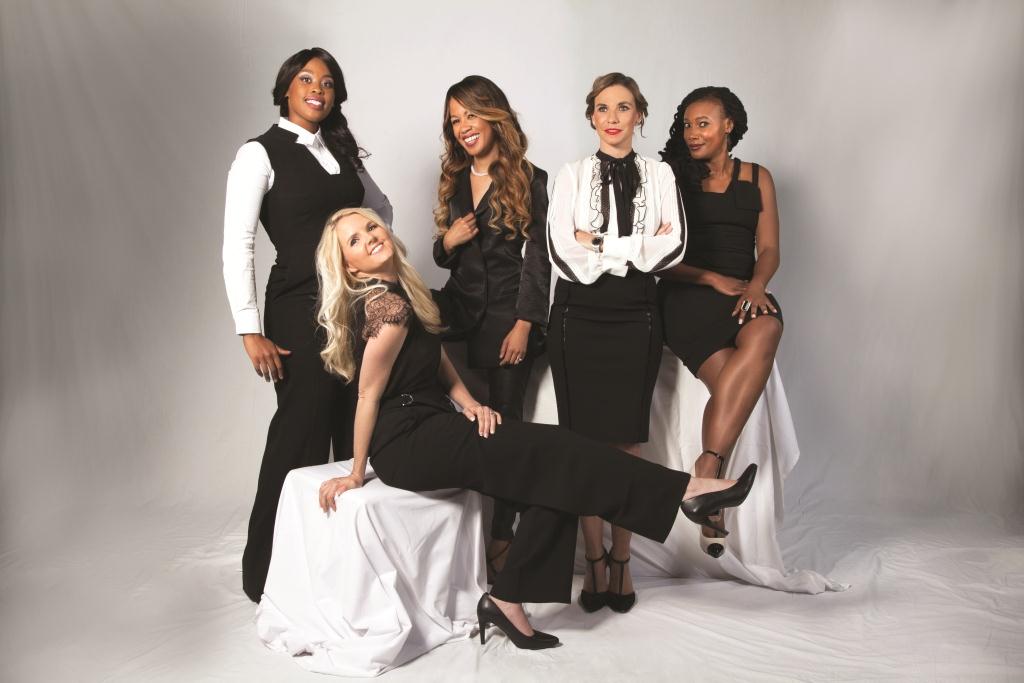It was controversial feminist writer, Maggie Young, who in describing her generation, best captures the DNA of the millennials.
“We lost the genetic lottery. We graduated into terror attacks and wars. We are often more educated, experienced, informed, and digitally fluent than prior generations, yet are constantly haunted by the trauma of coming of age during the detonation of the societal structure we were born into. We will have less money to buy the material possessions that entrap us. We will have more compassion and empathy because our struggles have taught us that even the most privileged can fall from grace. Our hardships will obligate us to develop spiritual and intellectual substance. Maybe having roommates and buying our clothes at thrift stores isn’t so horrible as long as we are making a point to pursue genuine happiness.”
Corporates and governments are tripping over each other trying to understand Young’s generation. The manual on millennials has proven to be somewhat elusive with tons of studies on this generational group that despite reporting on some common themes, have not nailed what makes millennials tick.
What we do know is that the term ‘millennial’ is about as old as the average millennial, coined in 1991 by Neil Howe and William Straus, in their co-authored publication: Generations: The History of America’s Future 2584 to 2069. They described millennials as people born between 1980 and 2000. This generation is also commonly referred to as Generation Y.
Millennials matter because they make up the world’s largest generational group since the soon-to-retire Baby Boomers. The first cohort of millennials is in their early to mid-30s, at the beginning of their careers, and will become an invaluable engine of the global economy in decades to come.
Millennials matter even more in Africa.
The African Development Bank has reported Africa has more than 200 million people aged between 15 and 24, about 65% of the continent is made up of millennials, making it the youngest continent in the world. Demographic forecasts show that this figure will double by 2045.
In just four years, three out of every four people in Africa will be on average 20 years old in Africa.
While millennials may be dismissed as a generation obsessed with selfies, they also seem to be intent on being part of finding solutions to the world’s biggest problems.
The 2015 Deloitte Millennial Survey highlights millennials are tuned into the purpose of a business – what it should do – as much as they are tuned to the impact of the business – what the business is actually doing.
Millennials are increasingly disconnected with traditional approaches to the workplace. They are easily turned off by stiff corporate structures and working within silos. They want dynamic work environments, they are not keen on putting in the slog of years working the corporate ladder, they believe in rapid succession, and they value mobility over the bum-on-seats approach. These insights are pulled from extensive research done through a survey administered to over 4,000 graduates across 75 countries by KPMG to understand what millennials want from the workplace. Although the survey was done in 2011, the insights will continue to shape corporate talent strategies for years still.
What millennials want out of the work of experience is like nothing before that. Top of the list of headaches is that old reward and recognition systems aren’t retaining millennials in their positons. Millennials subscribe to “loyalty-lite”, happily hopping between employees.
The unparalleled access to the internet and mobile phones is part of the millennial DNA. This generation has no concept of the world before technology. They take as a given that you can have a movie theater, your next taxi ride, and your diet all in your back pocket.
The Wall Street Journal in Millennials: Love Them Or Let Them Go reported millennials don’t just view social networks as a communication tool but as a global language that embeds them in various communities. Interestingly, despite the uptake of social media connectedness, millennials still value family and friends even though they will overwhelmingly engage with them on social media platforms.
Millennials value education and are more likely to spend more time investing in their education than the previous generations. The manual on millennials is still missing but if the statistics shared by the World Economic Forum that millennials are increasingly becoming the biggest influencers in the world, that more than 50% of the world’s population is under 27 years old and rising to 70% in Africa, it needs to be written. Yesterday.
– The writer, a millennial herself, is a senior anchor on CNBC Africa, and presents the show Young Money on the channel.
